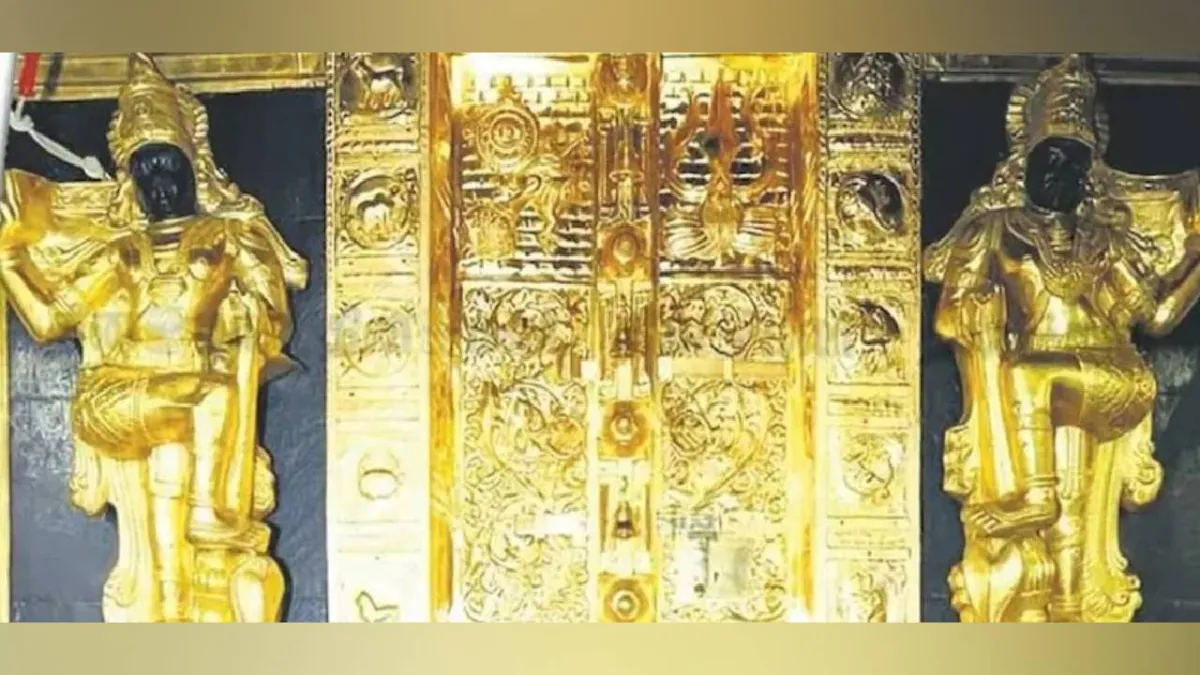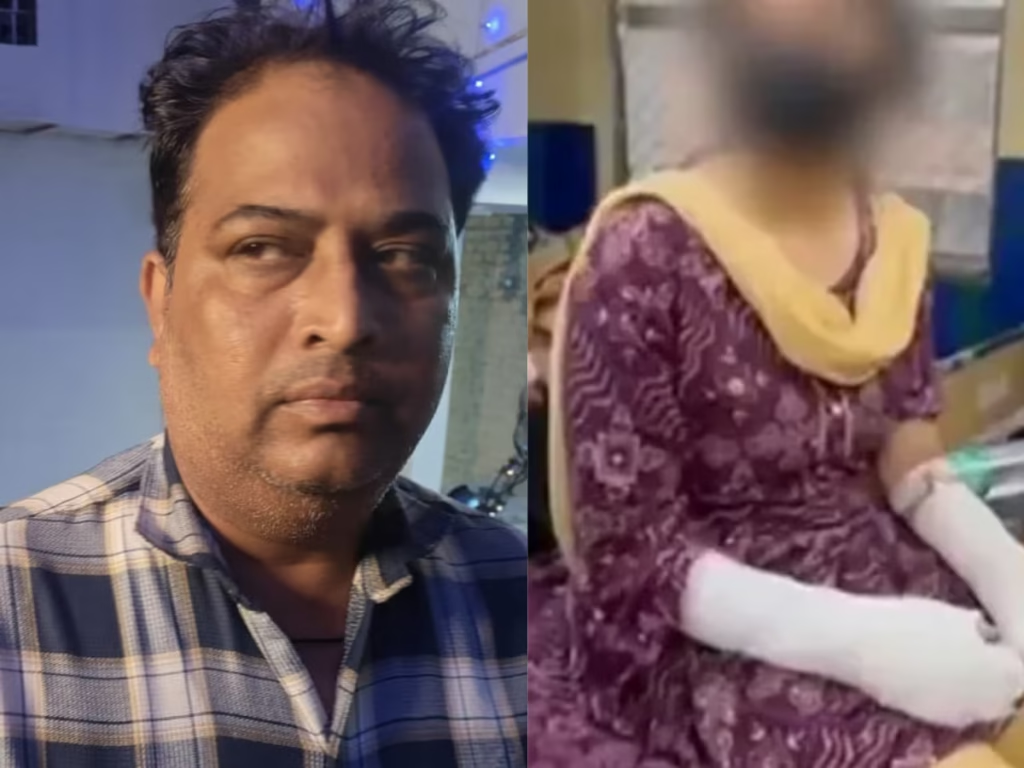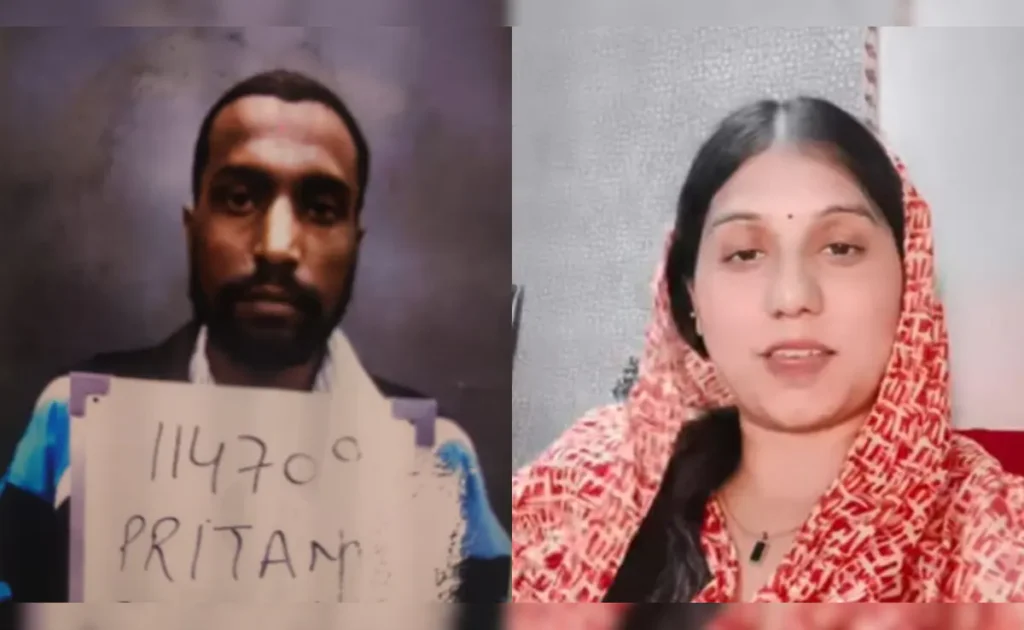Now Reading: Sabarimala Gold Theft: Probe Team Arrests Sponsor, Questions Swirl Over Temple Security
-
01
Sabarimala Gold Theft: Probe Team Arrests Sponsor, Questions Swirl Over Temple Security
Sabarimala Gold Theft: Probe Team Arrests Sponsor, Questions Swirl Over Temple Security

The investigation into the gold theft at Sabarimala has entered a fresh phase with the arrest of Unnikrishnan Potti, alleged to be the sponsor behind the crime. Authorities are also examining the roles of top temple officials and earlier lapses in internal checks. With growing public outrage and demand for accountability, this case has become a flashpoint in debates over religious trust, security, and governance in Kerala.
The Arrest and Its Implications
Unnikrishnan Potti, identified as a key link in the gold misappropriation, was taken into custody for detailed interrogation by a special investigation team. Investigators say he may have facilitated the transfer of stolen gold to a Bengaluru-based associate. The probe is now racing against a six-week deadline set by the Kerala High Court.
Officials Under Scrutiny
Several former high-ranking officials of the Travancore Devaswom Board, including secretaries, administrators, and executive officers, are named as accused. Officials are also auditing records from a firm tied to electroplating works at the temple site, seeking leads on how the theft was masked or concealed over time.
Temple Security and Process Concerns
The theft took place from the dwarapalaka idols and door-frame structures — areas considered sacred and under heavy surveillance. That such an act could occur raises serious questions about internal checks, staff accountability, and surveillance gaps. In temples across India, security often focuses more on external threats; internal oversight remains weaker.
Legal Tightrope and Public Pressure
With the High Court-mandated timeline, investigators are under pressure to produce hard evidence, linkages, and asset trails. Meanwhile, opposition parties and civic voices are demanding resignations and deeper state-level oversight, even pushing for central agencies to take over the investigation.
Consequences for Religious Trust and Governance
Temples are more than places of worship in India — they are custodians of tradition, wealth, and public faith. Crimes within these institutions erode trust, especially for devotees and local communities in smaller towns who depend heavily on religious governance. The case may trigger reforms in how temple finances and assets are audited, especially in states where religious boards control significant assets.
What to Watch Next
Investigators must trace the chain of custody for gold from the point of theft to any intermediaries. They need to uncover whether the crime was purely internal or involved external collusion. Transparency about the findings will matter — public confidence hinges on authorities’ ability to act decisively and fairly.
The arrest of the alleged sponsor marks a turning point in the Sabarimala gold scandal — but the real test lies ahead. With senior officials implicated, security systems under the scanner, and public faith shaken, the coming weeks will determine whether this becomes a case of accountability restored — or yet another unresolved chapter in temple controversies

























